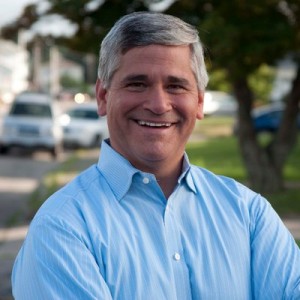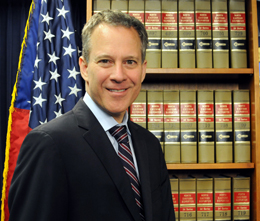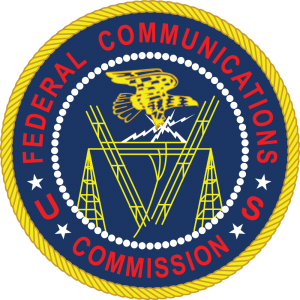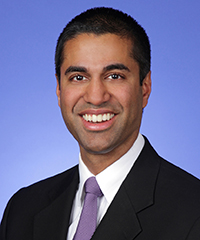
“We anticipate signing on to the lawsuit and are awaiting the language of the lawsuit to properly evaluate it,” said Amy Kempe, public information officer for Rhode Island Attorney General Peter F. Kilmartin, referring to multi-state litigation announced and led by New York Attorney General Eric T. Schneiderman to challenge yesterday’s rollback of net neutrality regulations by the Federal Communications Commission (FCC).
Kilmartin was previously a signer, along with the attorneys general of 17 states and the District of Columbia, of a letter to the FCC drafted by Oregon Attorney General Ellen F. Rosenblum, citing complaints they received from ordinary citizens in their respective states “akin to identity theft on a massive scale.” In the letter the attorneys general allege, “A careful review of the publicly available information revealed a pattern of fake submissions [of comments to the FCC] using the names of real people. In fact, there may be over one million fake submissions from across the country.” Comments have been identified signed with names that are entirely fake, names apparently skimmed from prior identity theft incidents, and even names of dead people.

The letter alleges that the FCC obstructed a “law enforcement investigation” into the identity theft, Schneiderman’s request “for logs and other records” generated in connection to the FCC public comment process. “Specifically, for six months my office has been investigating who perpetrated a massive scheme to corrupt the FCC’s notice and comment process through the misuse of enormous numbers of real New Yorkers’ and other Americans’ identities. Such conduct likely violates state law — yet the FCC has refused multiple requests for crucial evidence in its sole possession that is vital to permit that law enforcement investigation to proceed,” Schneiderman wrote in a Nov 21 open letter to FCC Chairman Ajit Pai.
Schneiderman created a page — ag.ny.gov/fakecomments — on the official website of the New York attorney general that allows members of the public to search FCC comments to see if any about net neutrality were filed under their name.

In a public statement announcing the lawsuit, Schneiderman objects both to “a public comment process that was deeply corrupted, including two million comments that stole the identities of real people. This is a crime under New York law…” and to the substance of the net neutrality rollback that “…will give ISPs [internet service providers] new ways to control what we see, what we do, and what we say online. That’s a threat to the free exchange of ideas that’s made the Internet a valuable asset in our democratic process.” The net neutrality rollback, he said, “would enable ISPs to charge consumers more to access sites like Facebook and Twitter and give them the leverage to degrade high quality of video streaming until and unless somebody pays them more money. Even worse, today’s vote would enable ISPs to favor certain viewpoints over others.”
In an interview with Chris Hayes of MSNBC yesterday, Schneiderman charged that the FCC violated the federal Administrative Procedures Act in a number of respects, including the alleged irregularities in the comment process. In the interview, Schneiderman suggests that if the FCC would give him access to their logs, many of the fake comments submitted electronically would turn out to have come from overseas, possibly even Russia. It is not clear whether he intends to challenge the new FCC pre-emption that prohibits states from adopting their own net neutrality rules.

The FCC announced the net neutrality rollback decision yesterday, and FCC Chairman Pai issued a statement disputing the claims of critics. When net neutrality regulations were adopted in 2015, Pai said, “On express orders from the previous White House, the FCC scrapped the tried-and-true, light touch regulation of the Internet and replaced it with heavy-handed micromanagement. It decided to subject the Internet to utility-style regulation designed in the 1930s to govern Ma Bell… The Internet wasn’t broken in 2015. We weren’t living in a digital dystopia.”